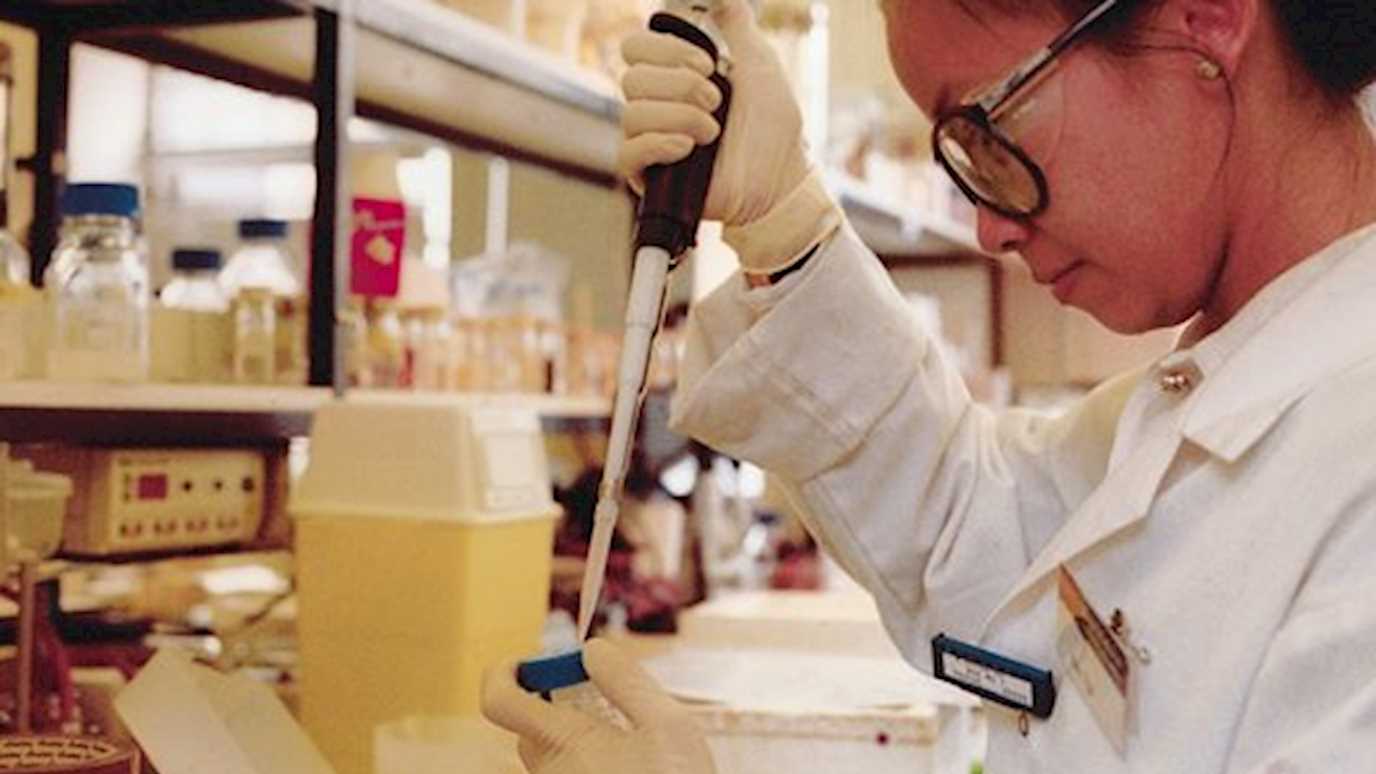High-quality seed that delivers enhanced seedling performance crucial for crop resilience to global challenges, including climate change, and for future food security.
Professor Leubner and Dr Steinbrecher's research has enhanced and refined the quality, storability and ageing resilience of crop seeds using environmental-friendly technologies which break seed dormancy, enhance germination and protect the vulnerable seedling stages against extreme weather events, including flooding and drought. This improves crop establishment, harvest yield potential and resource efficiency leading to wider food security and sustainability, especially in times of the climate emergency.
Improving seed quality and processes
In a project on salad onion (Allium) seeds with Tozer Seeds, Royal Holloway developed innovative seed ageing assays and identified molecular markers for vegetable seed storability, ageing resilience and quality. Tozer is one of the UK’s leading independent vegetable and salad seed suppliers, exporting all around the globe, and these technologies have enabled better seed quality control and improved monitoring of warehouse seed storage and global seed transport with container ships.
Leubner and Steinbrecher’s research and consultancy has also helped the world's leading sugar beet seed supplier, KWS SAAT SE, maintain its position, by improving its seed production and quality control processes. KWS retains around 60% share of the global sugar beet market and is leader in most of the individual markets.
Seeds in Space
Royal Holloway’s research contributed to the success of the Rocket Science Project of the Royal Horticultural Society. Tozer's salad rocket seeds were launched into space for six months on board the International Space Station with astronaut Tim Peake. Leubner’s research demonstrated that the spaceflight caused seed ageing and revealed molecular biomarker for seed quality. The Rocket Science Project reached an estimated 8,500 schools and 600,000 pupils feeding their enthusiasm about plant science and food security and encouraged their interest in STEM.
Tim Peake commented. “In one of the largest and most inspirational experiments of its kind, more than half a million young people collected reliable data to help the scientists at Royal Holloway investigate the effects of spaceflight on rocket seeds. When humans travel to Mars, they will need to find ways to feed themselves, and this research helps us understand some of the biology of seed storage and germination which will be vital for future space missions.”
Engineering environmental-friendly seed products
Royal Holloway’s EPOWER seed treatment with gas-plasma activated water is a novel priming technology. In contrast to classical priming, it provides refined high-quality seed and retains storage resilience. EPOWER saves time and money for industry and farmers. Royal Holloway’s Seed Group is currently expanding their reach by addressing food insecurity and the climate emergency in Sub-Saharan Africa, together with an Ethiopian partner network to implement EPOWER and the other innovative environmental-friendly seed technologies by 2025.






















